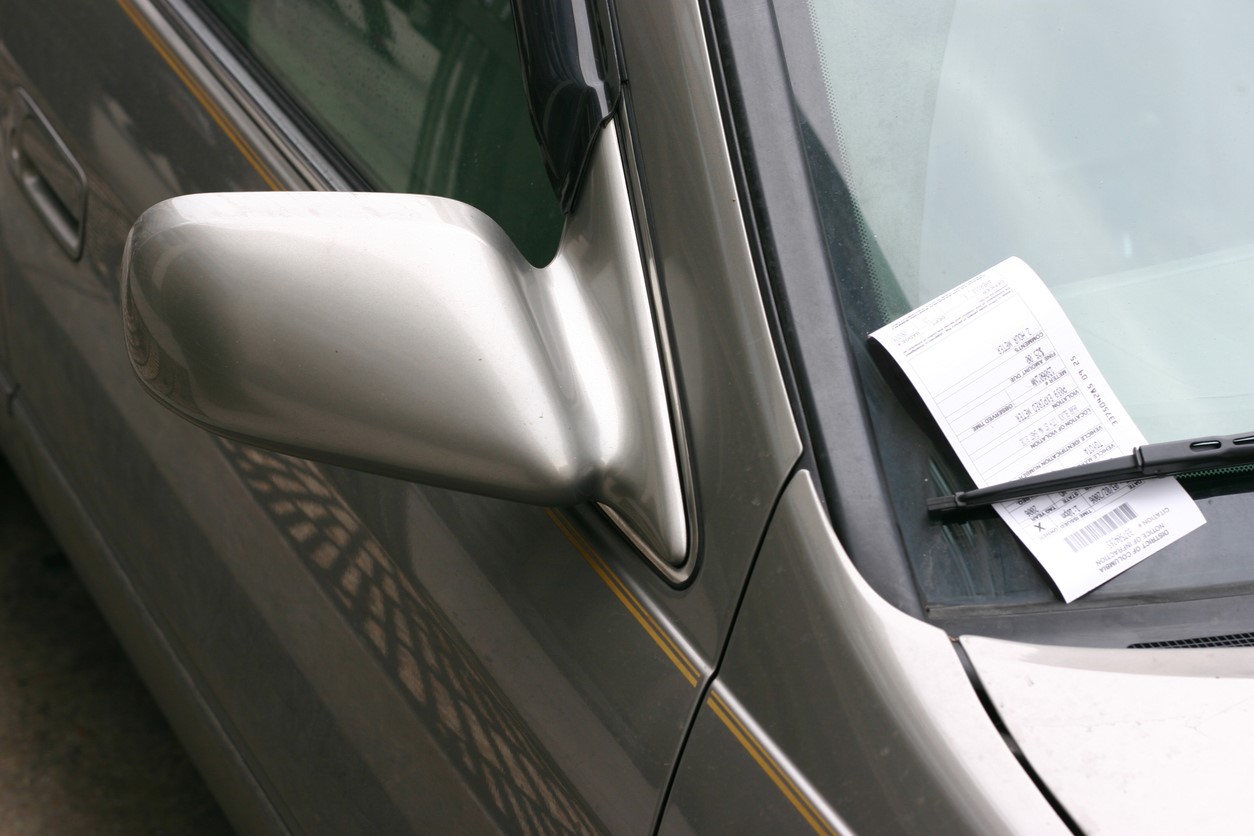


Parking tickets can be a frustrating and expensive experience for drivers. When a driver receives a parking ticket, they are required to pay the fine within a specific timeframe, or they risk facing additional fees and penalties. Unfortunately, not all drivers pay their parking tickets on time, and the unpaid fines can add up quickly. That’s when collection agencies come in to collect the unpaid parking tickets. In this blog, we will discuss six ways collection agencies collect on parking tickets.
Collection agencies will often start by calling the driver to remind them of the unpaid parking ticket. They may call several times a day or week until the driver pays the fine.
If the driver does not respond to phone calls, the collection agency will send letters to the driver’s address, reminding them of the unpaid parking ticket. The letters will include the amount owed, due date, and the consequences of not paying the fine.
Collection agencies can also garnish the driver’s wages if they do not pay the fine. This means that a portion of the driver’s paycheck will be automatically deducted to pay off the debt.
If the driver owns property, such as a house or a car, the collection agency may place a lien on the property. This means that if the driver wants to sell the property, they will first have to pay off the parking ticket debt.
In some states, collection agencies can request the suspension of the driver’s license if they do not pay the parking ticket fine. This can be a significant inconvenience for the driver, as they will not be able to drive legally until the fine is paid.
If the driver still refuses to pay the parking ticket, the collection agency may take them to court. This can result in additional fees and penalties, and the driver may be required to appear in court to defend themselves.
In conclusion, parking ticket collection agencies have several methods at their disposal to collect unpaid parking ticket fines. Drivers should pay their parking tickets on time to avoid additional fees and penalties, as well as the hassle of dealing with collection agencies.